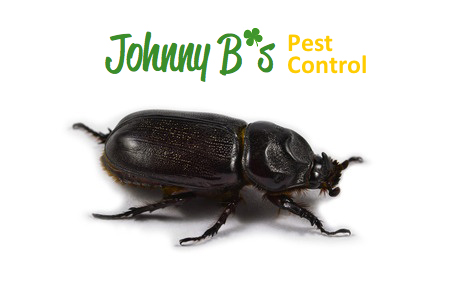Scientists have long assumed that a certain water beetle belonged to one particular species. However, researchers have recently made use of the most recent advancements in DNA sequencing technology to demonstrate that water beetles are more diverse than previously thought. What used to be considered one single water beetle species has turned out to be two distinct species of water beetle. For over a century, entomologists have been studying a species of water beetle known as Meladema coriacea. This water beetle species dwells in southern Europe and northern Africa. Researchers have long assumed that only one species of this water beetle existed. But thanks to DNA sequencing technology, researchers have learned that there exists a significant degree of genetic variation among European water beetles.
To the untrained eye, all of these European water beetles appear to be identical. In fact, if it were not for cutting edge DNA technology, researchers would still be under the impression that all European water beetles make up one single species. David Bilton, a Professor of Aquatic Biology at the University of Plymouth, began studying water beetles in order to gain a better understanding of how animals succeeded in inhabiting different islands. Bilton collected water beetle samples back in the nineties, but only recently has he been able to sequence the DNA of these decades old specimens. Bilton never expected to discover a new species of water beetle, but it turns out that European water beetle populations are genetically diverse insects. The new species of water beetle has been named Meladema lepidoptera. This new species only inhabits the island countries of Sardinia, Corsica, and other nearby islands. Mainland Italy is also home to small populations of Meladema lepidoptera, but these water beetles do not intermingle with the well known Meladema coriacea species of water beetle within Italy. With the progressively sophisticated methods of DNA sequencing technology, and its greater accessibility, it is probable that many of earth’s animal species will turn out to be more diverse than previously thought.
Stay up to date with Johnny B’s Social Media Pages!

